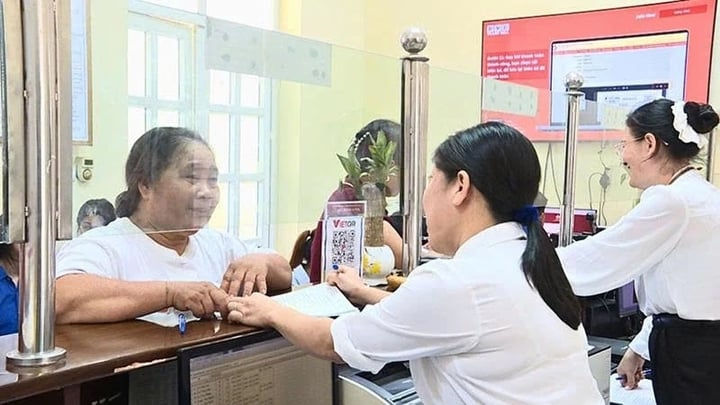
Tan Thanh Commune Public Administration Service Center.
Ms. Do Thi Huong, Buong village, said: "I am old and have never submitted an application online. When I went to the commune People's Committee, the staff gave me detailed instructions from declaring information to submitting the application. Thanks to that, I completed the procedures quickly and was no longer worried like before." Ms. Pham Thi Hoa, Thanh Loi village, shared that since the commune focused on reforming administrative procedures, "people can go to the commune to do anything in one go, without having to travel back and forth like before."
According to Ms. Ha Thi Thanh, an officer at the Tan Thanh Commune Public Administration Service Center, the unit receives about 30-40 applications every day. Some elderly people have difficulty using computers or smartphones. "In these cases, we prioritize direct reception to resolve them promptly. But at the same time, we persistently guide them on how to submit online so that they can gradually get used to it," Ms. Thanh said.
Not only commune officials but also youth union members, students, and associations were mobilized to support the people. Chairman of the Commune People's Committee Le Hoang Cuong affirmed: "The commune's goal is to increase the rate of online application submission, but most importantly, no one is left behind. If people do not understand, we will guide them two or three times until they can do it."
However, Tan Thanh still faces difficulties typical of mountainous areas, many villages have "low signal" and limited network infrastructure. Therefore, the commune has established a citizen support team and a community digital technology team, directly going to each village to guide the elderly and ethnic minorities on how to submit documents, scan documents, and handle errors on the system. This model helps shorten the processing time and at the same time builds trust between the government and the people.
"Digital Education for All" Movement in Ho Chi Minh City
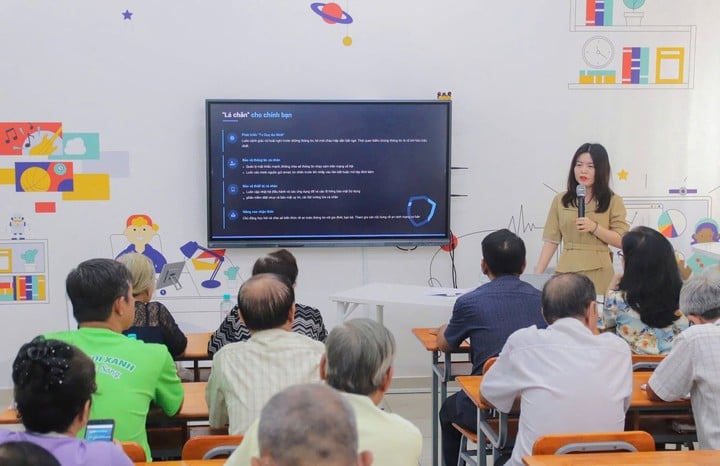
The digital literacy class was organized by the Ho Chi Minh City Digital Transformation Center in collaboration with the Vietnam Fatherland Front Committee of Binh Thoi Ward and HTV for elderly cadres in the neighborhoods.
In Ho Chi Minh City, the "popular digital literacy" movement is well organized, widely spread and applies the spirit of "hand-holding and showing how to do things" but on a large urban scale.
In a "digital literacy" class for the elderly in Binh Thoi Ward, Ms. Nguyen Thi Thiep, Head of the Front Committee of Ward 24, listened to the lecture and took careful notes. "People often ask me how to take attendance electronically, set passwords, create emails... If I don't update my knowledge, I can't support them," she shared.
According to the Ho Chi Minh City Digital Transformation Center, the unit has organized about 16 digital skills training sessions for grassroots officials and people, of which 10 sessions were recorded to spread online. The sessions were very practical: learning how to use VNeID, the Ho Chi Minh City Digital Citizen application, handling basic operations and how to protect information online. In particular, people were also instructed to use free tools to monitor the local situation and warn of emerging issues, something that previously only specialized officials could do.
The "HCMC Digital Citizen" application currently has more than 620,000 downloads and more than 6 million interactions, a modest number compared to the city's population of over 14 million, but shows that people are gradually forming the habit of using digital utilities.
Deputy Director of the Center, Mr. Nguyen Thanh Hoa, commented: "In the past, the popular education movement helped eliminate illiteracy; now, digital popular education helps people know how to use, understand and proactively participate in digital transformation. That is the way to shorten the process, reduce procedures and create new values for the community."
Whether in the mountainous areas of Thanh Hoa or in large cities like Ho Chi Minh City, the common point is that the elderly are still a disadvantaged group in the digital transformation journey due to poor eyesight, reluctance to learn new things, fear of being scammed, many people do not have smartphones or do not have the financial means to equip themselves with them.
But from the "hands-on" models, from the community digital technology group in Tan Thanh to the "digital literacy" class in Ho Chi Minh City, the digital journey of the elderly has had positive changes. Once they own a phone, they not only handle administrative procedures faster but also connect with their children and grandchildren, integrating into the rich spiritual life of the digital age.
Source: https://mst.gov.vn/ho-tro-nguoi-cao-tuoi-tham-gia-dich-vu-cong-truc-tuyen-tu-cam-tay-chi-viec-o-thon-ban-den-binh-dan-hoc-vu-so-tai-do-thi-197251113100922247.htm




![[Photo] Special class in Tra Linh](https://vphoto.vietnam.vn/thumb/1200x675/vietnam/resource/IMAGE/2025/11/14/1763078485441_ndo_br_lop-hoc-7-jpg.webp)
![[Photo] Deep sea sand deposits, ancient wooden ship An Bang faces the risk of being buried again](https://vphoto.vietnam.vn/thumb/1200x675/vietnam/resource/IMAGE/2025/11/13/1763033175715_ndo_br_thuyen-1-jpg.webp)


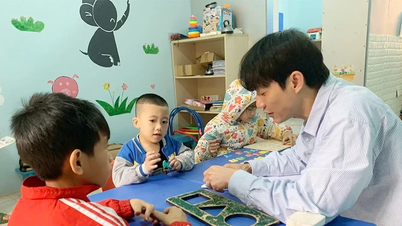



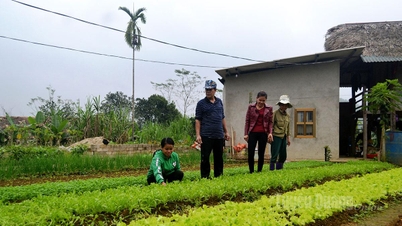

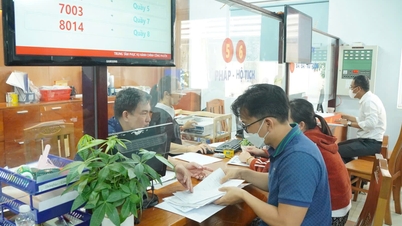

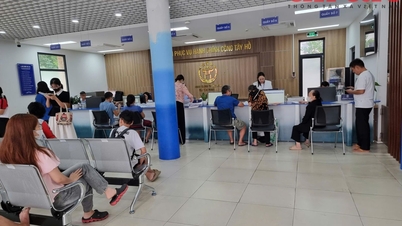
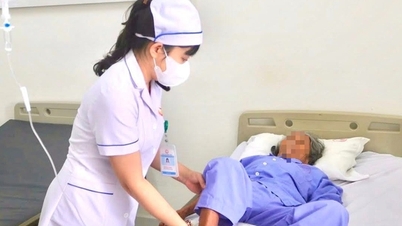



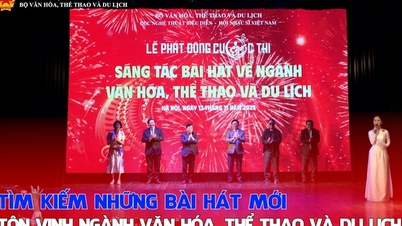
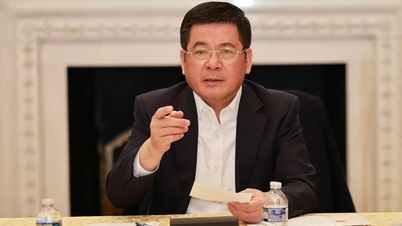

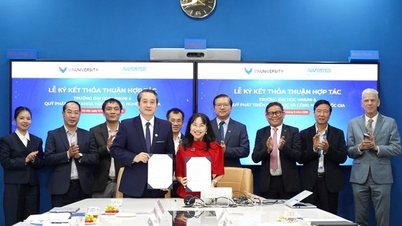
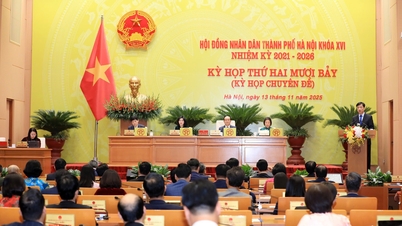

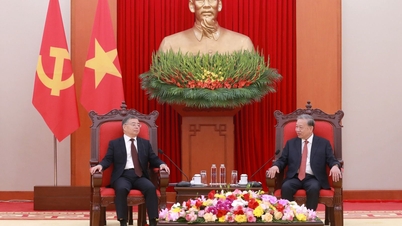




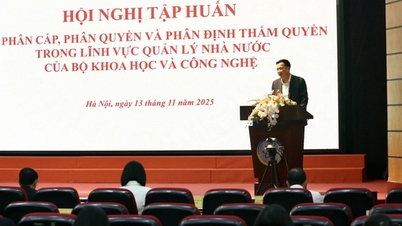
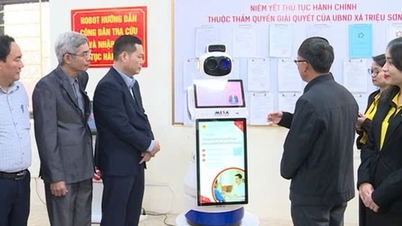
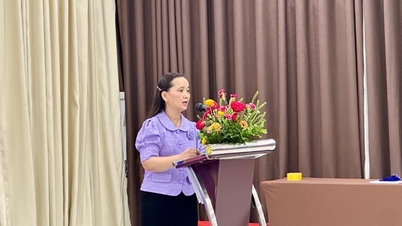


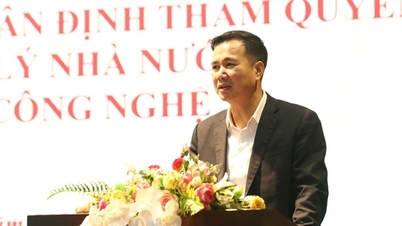
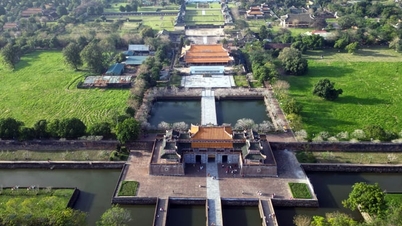










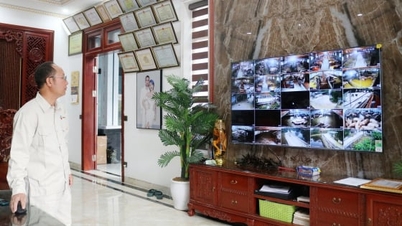
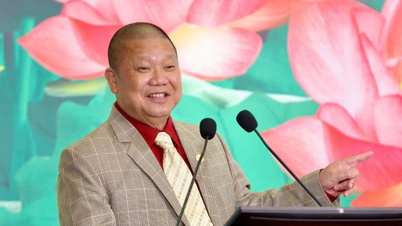

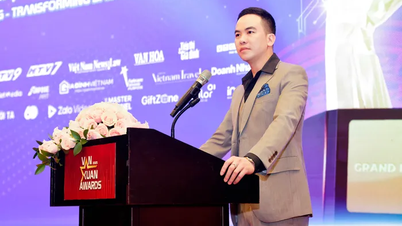




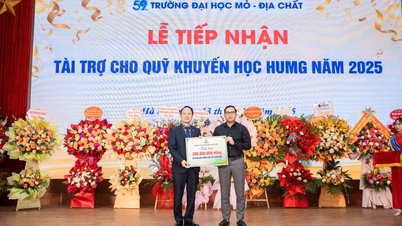













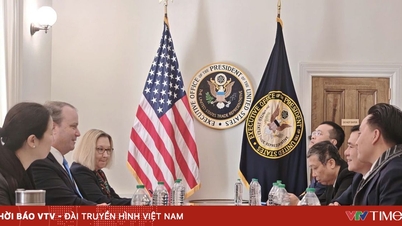
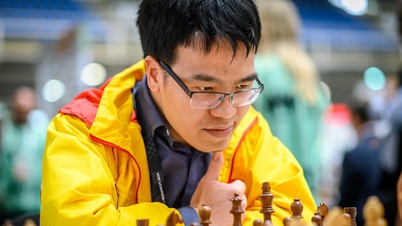

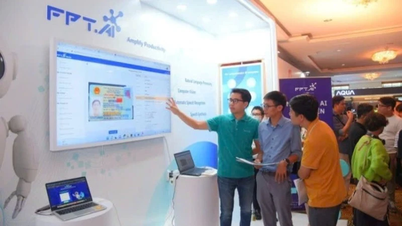

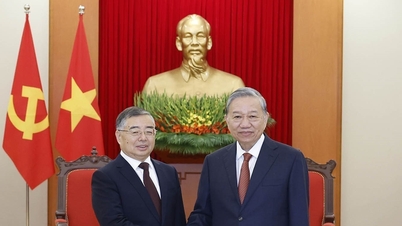
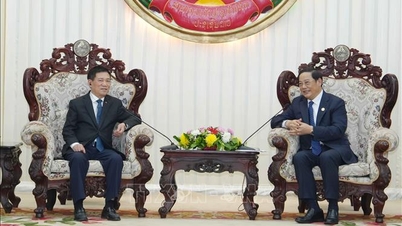

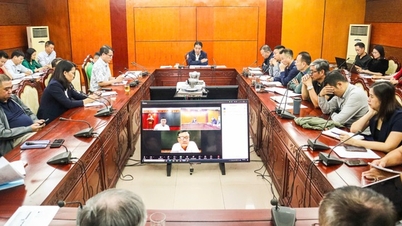
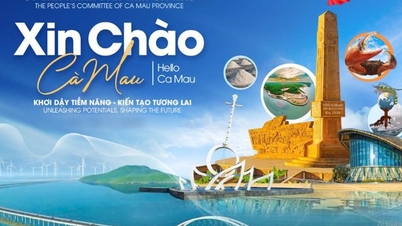
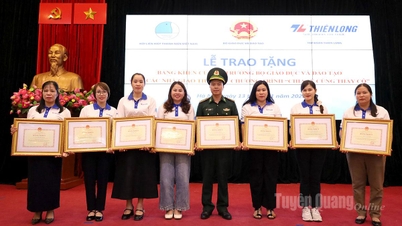


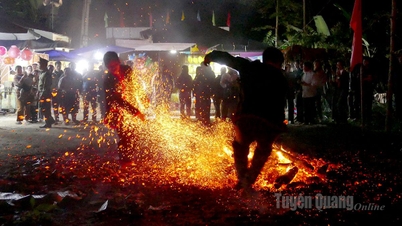
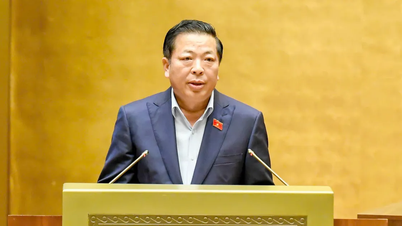

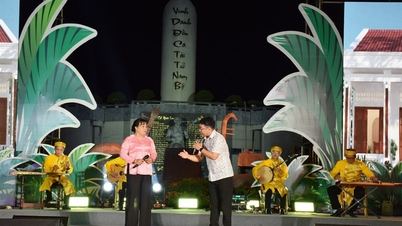
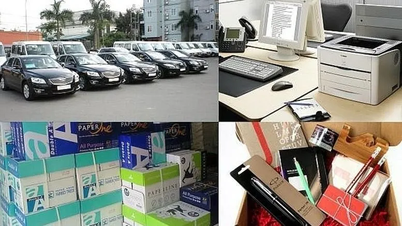





![Dong Nai OCOP transition: [Article 3] Linking tourism with OCOP product consumption](https://vphoto.vietnam.vn/thumb/402x226/vietnam/resource/IMAGE/2025/11/10/1762739199309_1324-2740-7_n-162543_981.jpeg)






Comment (0)